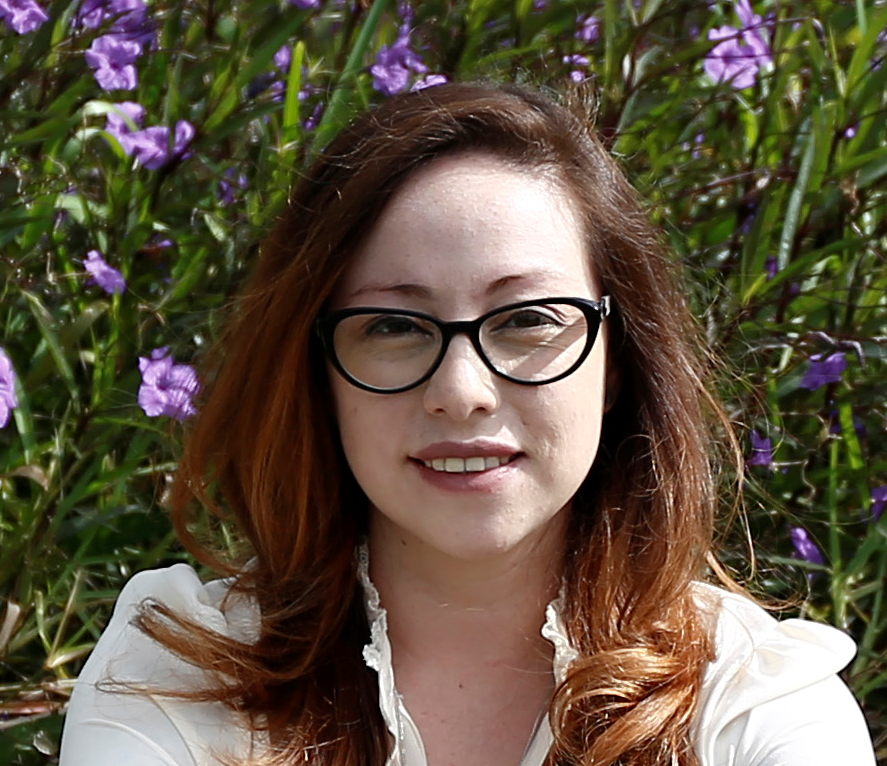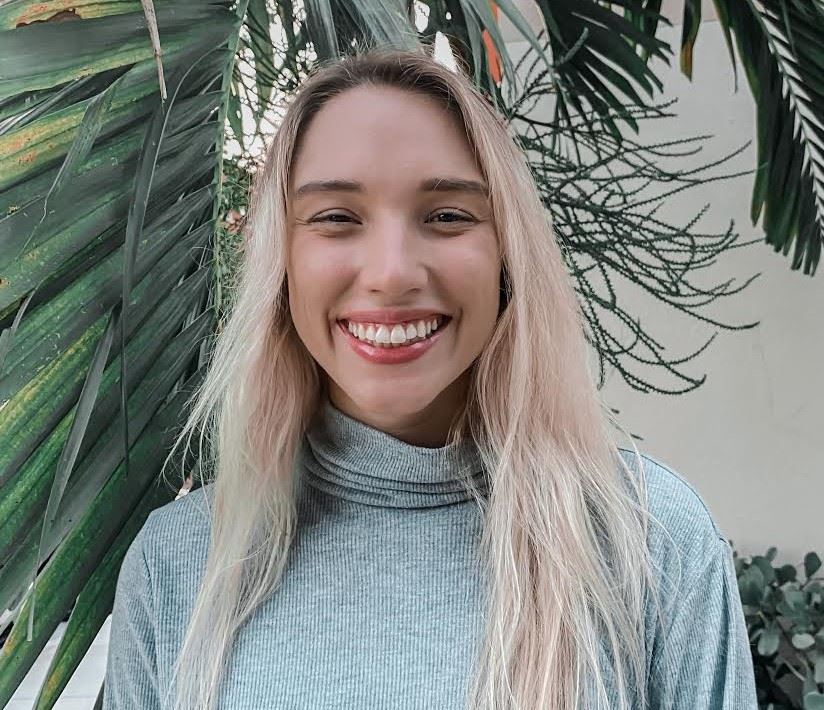
Dr Lisette Cortes
Obsessive-Compulsive Disorder (OCD) is a neuro-biological condition that is usually chronic, with waxing and waning symptoms. Approximately 2.3% of the population in the United States has OCD, or 1 in 40 adults and 1 in 100 children (Anxiety and Depression Association of America, 2017). OCD is characterized by persistent unwanted intrusive thoughts called obsessions, which are disturbing in nature and are often accompanied by significant anxiety, discomfort, doubt, or even disgust. Individuals with OCD engage in compulsions or behaviors and rituals in efforts to attempt to manage, minimize, or get rid of these thoughts and associated distress. OCD can significantly affect an individual’s quality of life. It can often be misdiagnosed with a median time-frame of about 14 to 17 years to get an accurate diagnosis In this presentation we review how to complete an appropriate assessment and diagnosis of OCD as well as discuss the gold standard and evidenced-based treatments for OCD. Interventions of Cognitive-Behavioral Therapy with Exposure on Response prevention will be discussed, including the use of an inhibitory learning approach to the treatment of OCD.
Learning Objectives:
- Recognize the clinical presentation of Obsessive Compulsive Disorder (OCD), prevalence and symptoms.
- State the appropriate steps to complete a clinical evaluation of OCD utilizing proper assessment tools.
- Recognize evidence-based treatment for OCD, including Cognitive Behavioral Therapy and ERP.
2.0 CEU Hours
Dr Lisette Cortes

I am a Cognitive-Behavioral therapist by training and specialize in Exposure and Response Prevention (ERP). My approach to treatment is based on creating an environment that supports a collaborative relationship in which goals are set in unison with my clients. I help my clients become more familiar with their own unhelpful thinking patterns while developing more adaptive ways to cope with distress and ultimately make supportive life changes. I support my clients in making changes to improve the quality of their lives by approaching otherwise avoided situations and obtaining self-confidence. I also facilitate improvements in family relationships by providing an environment where family members can feel comfortable in expressing their emotions, being heard, and effectively communicating with one another.
During my training at Nova Southeastern University and throughout my clinical practice while living in South Florida, I have served multicultural populations. I was born in Bogota, Colombia and Spanish is my first language, which has given me the opportunity to provide services in both English and Spanish languages. My client focus is inclusive of the LGBT population as well as of populations of diverse religious backgrounds, ethnicities, and nationalities.
I completed my Pre-Doctoral Internship at The Renfrew Center of South Florida and provided services for women with eating disorders and co-morbid conditions. I completed my post-doctoral fellowship and first years in practice at an OCD specialty clinic working with individuals (children to older adults) who presented with OCD and related conditions such as panic disorder, social anxiety, agoraphobia, and emetophobia (fear of vomiting).
I am very passionate about participating in supporting our community and advocating for mental health treatment, education, and outreach. Since 2011 I have participated in the planning of the annual Eating Disorders Awareness walk with The Alliance for Eating Disorder, and have been a member of the Alliance for Eating Disorders Awareness outreach and educational committee. I also hold leadership positions for the board of the Florida Psychological Association Broward Chapter and for the board of IAEDP (International Association for Eating Disorder Professionals) South Florida Chapter.
I am a Licensed Psychologist in the state of Florida and currently provide individual, family, and group therapy at Home For Balance Psychotherapy Group. I specialize in the treatment of eating disorders and comorbid conditions such as Obsessive Compulsive Disorder, anxiety disorders, depression, personality disorders, and trauma.
Allison Ford Registered Mental Health Counselor Intern
 Currently working in private practice as a registered intern, Allison's interests involve treating anxiety, athletic-related issues, depression, eating disorders, and OCD. Allison began her career in counseling at Henderson Behavioral Health as a student intern. It was here that she was exposed to severe mental illness due to work at Henderson's baker act receiving facility. From there she completed her master's degree in Counseling with a focus on Clinical Mental Health at Nova Southeastern University, while being a member of the NSU women's volleyball team. Allison then opened her own private practice, while joining a team of experienced clinicians at Home For Balance in Coconut Creek, FL. Additionally, she works at The Renfrew Center for eating disorders as an evening counselor. While a majority of her private practice caseload is eating disorder related, Allison is passionate about the treatment of OCD, anxiety, and athletic-related issues. allisonfordmhc@gmail.com (703) 789-6789
Currently working in private practice as a registered intern, Allison's interests involve treating anxiety, athletic-related issues, depression, eating disorders, and OCD. Allison began her career in counseling at Henderson Behavioral Health as a student intern. It was here that she was exposed to severe mental illness due to work at Henderson's baker act receiving facility. From there she completed her master's degree in Counseling with a focus on Clinical Mental Health at Nova Southeastern University, while being a member of the NSU women's volleyball team. Allison then opened her own private practice, while joining a team of experienced clinicians at Home For Balance in Coconut Creek, FL. Additionally, she works at The Renfrew Center for eating disorders as an evening counselor. While a majority of her private practice caseload is eating disorder related, Allison is passionate about the treatment of OCD, anxiety, and athletic-related issues. allisonfordmhc@gmail.com (703) 789-6789
References:
Anxiety and Depression Association of America (2017). Obsessive Compulsive Disorder (OCD). https://adaa.org/understanding-anxiety/obsessive-compulsive-disorder-ocd
Berman N.C., Elliott C.M., Wilhelm S. (2016) Cognitive Behavioral Therapy for Obsessive–Compulsive Disorder: Theory, Assessment, and Treatment. In: Petersen T., E. Sprich S., Wilhelm S. (eds) The Massachusetts General Hospital Handbook of Cognitive Behavioral Therapy. Current Clinical Psychiatry. Humana Press, New York, NY.
National Institute of Mental Health (2021). Obsessive-Compulsive Disorder. Retrieved December 13, 2021, from: https://www.nimh.nih.gov/health/topics/obsessive-compulsive-disorder-ocd
Riemann, B. (2019). Approaches Addressing Comorbidity in Pediatric OCD. BTTI Training.
Proudly Sponsored by:

John Davis, President

